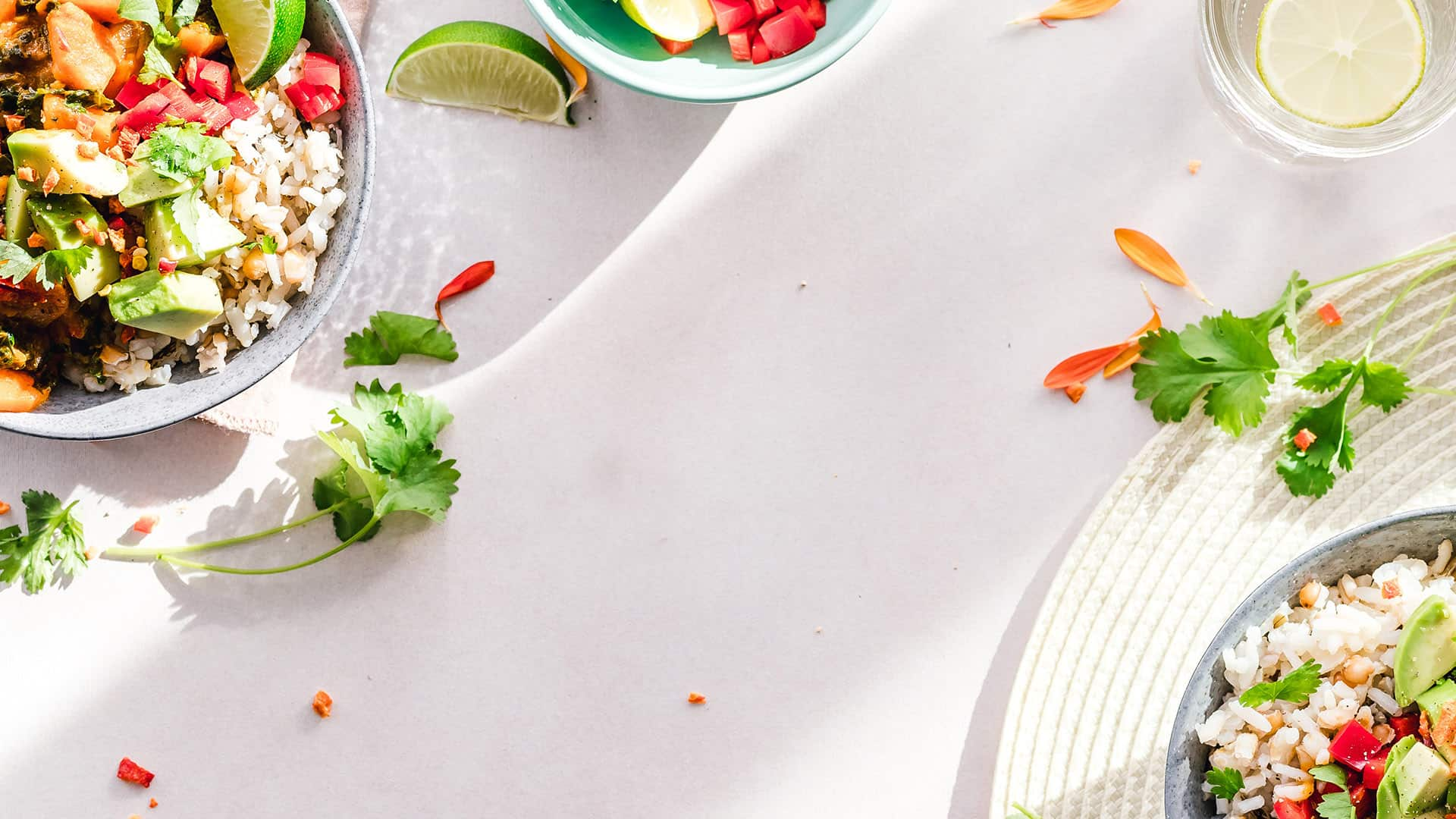

Extinction or rebellion?
“Unless we are trying to bend the laws of physics,” says John Gaus, Founder, Chairman & CEO of Agbotic, Inc, “absolutely anything can be automated into an artificially intelligent system – it simply comes down to the cost-benefit analysis of doing so.”
The Sackets Harbor, USA-based company – which recently scooped the 2022 AgTech Breakthrough award for ‘Greenhouse Production System of the Year’ – operates the ‘SmartFarm’ and sells fresh produce across New York State and into New England under its ‘GoodHealthy’ brand. “We have not sold our machines to others, so we are currently the maker and the user,” Gaus points out.
As a producer, the passionate Gaus says automation is important to replace farm labor that is aging out and not backfilled with younger workers, although it goes a lot further. “It performs tasks with valuable precision and repeatably that you cannot match with people,” he reports.
Machines/robots also gather high-resolution data for machine learning/artificial intelligence applications that continually improve the performance of the machines and growing systems. “This is playing out today at Agbotic,” Gaus continues. “We now produce local and organic leaf lettuce at a lower production cost than hydroponic CEA models in which billions have been invested – and we do that with lower capex facilities and at a smaller scale.”
Indeed, for some varieties of micro greens, Gaus believes Agbotic is the lowest-cost producer in the world compared to any production model and his team achieves this with genuinely regenerative environmental farming. “This will translate to many crop types including the roots and woody stem, long-cycle crops we grow. We really believe that if you do not have a machine learning strategy for automated systems that your business is at high risk for extinction – not just in agriculture but in every industry.”
Agbotic has taken a completely different approach than others in CEA to grow crops in organic soil and integrate outside farm activities with inside farm activities. Its machines and data gathering are specifically tailored to soil agriculture as opposed to hydroponic growing. As a result, Gaus says that he and his team are lowering production costs for organic crops to compete with hydroponic and other non-organic models with genuinely high-tech, yet environmentally restorative processes. “We are decarbonized, denitrified and cleaning the air, water, and soil as we farm,” he reveals.
Point solutions are sometimes “cool and useful but often don’t solve big problems”, Gaus notes. “Conceptually it is important to us to create technology with a systems-based approach and with tools and processes that work with nature and replicate natural processes. By wiping the slate clean and rethinking it all down to first principles, we have created some machines and processes that are unique.”
Specifically, Gaus sees harvesting applications as the most difficult and critical. “We can seed and control our environment as well as anyone,” he adds. “It is pretty easy now to find a target and navigate a machine head to it. Often the tool must be tailored to the crop. The tool also needs to work quickly without damaging the fruit, vegetable or plant. We have one patent pending on a harvester that is really unique and we are now extending some of that conceptual approach to soft and hard vine crops that will grow inside and out.”
The cost-benefit curves are trending in favor of more automation and AI, Gaus concludes. “There will no doubt one day be a global network of learning SmartFarms with one in every community. Those farms will produce local, organic, secure and affordable nutritionally complete meals – and will regenerate the environment as they operate. We are excited to be at the front of that movement.”
John Gaus is one of more than a dozen experts interviewed for the feature on robotics and automation in the 100-page launch edition of The Future of Food Production magazine. To subscribe free of charge, click here
If you have any questions or would like to get in touch with us, please email
info@futureofproteinproduction.com






